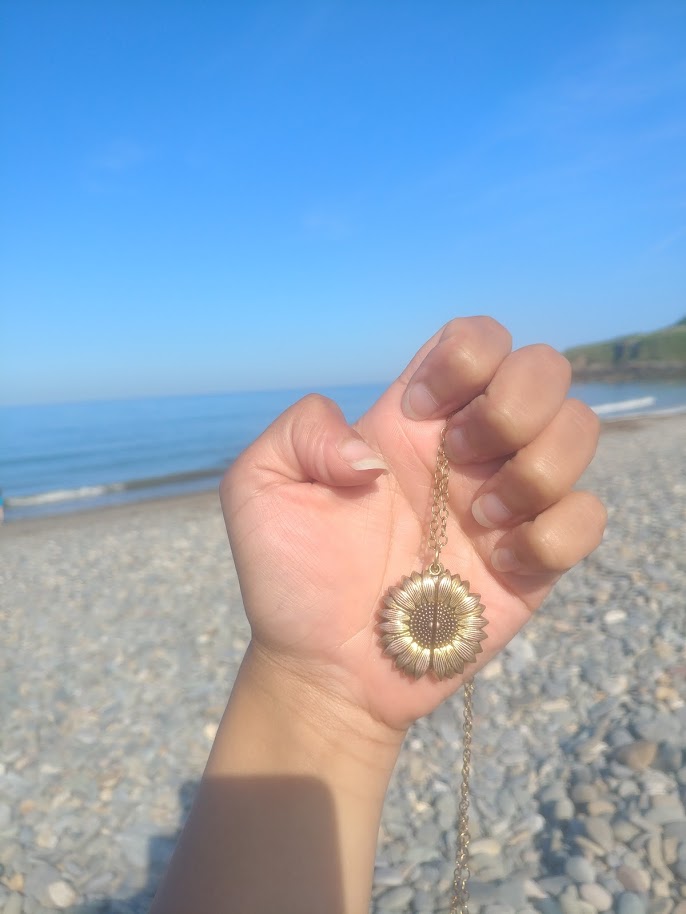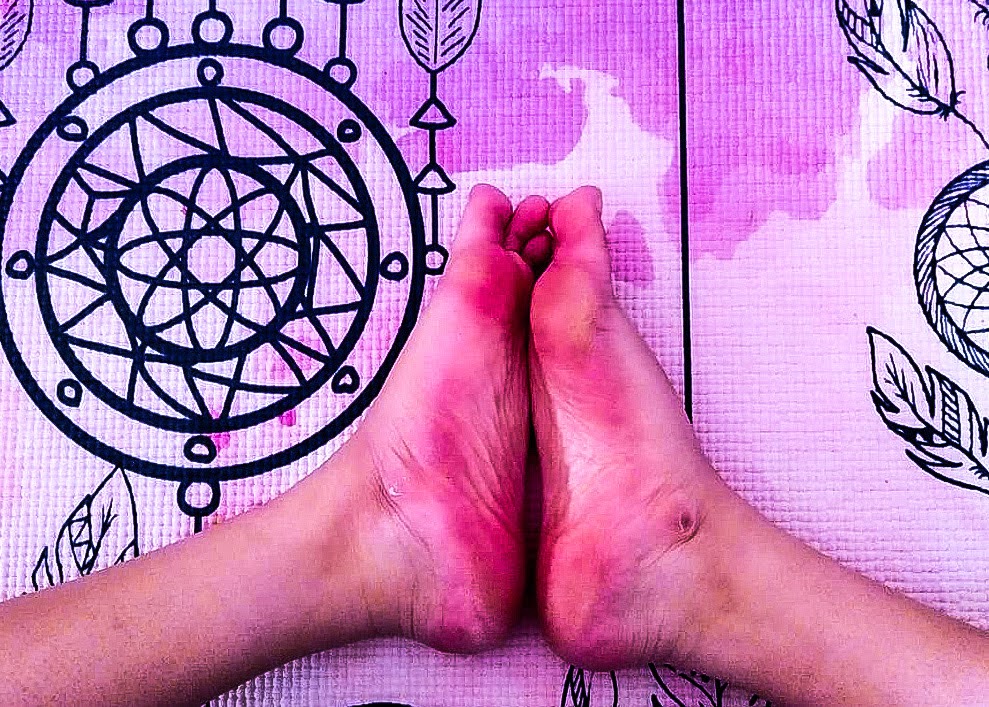It has been 10 years since I first started a blog, Longing for Sunflowers, as a recent graduate of 24- today, I am 34 years old.
It is fascinating to look back at this time capsule and see how much life has changed- in one post from 2018 I was excited about the potential of a film few had yet heard of called Black Panther– most of the beloved late night cafes that formed an important part of our youth, including Accents, have since closed.
I can see, looking back, the pressure I put on myself to be happy, and to be always “in the light”-something that afflicts us more when we are young. It was a time before Inside Out showed us how unrealistic this pursuit is and the importance of sadness, when mental health was just beginning to be publicly discussed and accepted, and when opening up about it was seen as genuinely courageous at best, or weak, oversharing or attention-seeking at worst. There was no concept of taking “a mental health day,” or the little such things that have now gratefully seeped into our culture.
Some of the posts are hard for me to read, particularly “My Story” and “My Tumultuous Relationship with Public Toilets-” both of which delve into the decade of my youth, from 13 to 23, which was largely lost to major depressive disorder. It is a shock to remember how I used to feel on a daily basis, how much mental energy I used in fighting to stay alive. I have healed so much since those days to the point where I no longer recognise that suffering young girl, and feel nothing but compassion for her. To have come from a place where “I would cry as I pulled at my miserable limbs, throwing my “useless”, disabled body around in anger, ripping up shreds of newspaper in an attempt to calm myself down,” every day when I came home from school, to the woman I am now, so comfortable in my body and proud to be disabled that I am organising and leading Ireland’s first Disability Pride and Power Parade- see here– is hard to believe. The teenager who wrote “Soon you will be free” on the walls of the toilet in secondary school where she used to hide to eat her lunch and cry is indeed free at last, and has lived such a beautiful life since.
Clarissa Pinkola Estés’ feminist classic Women Who Run With the Wolves, offers Jungian interpretations and retellings of myths and folktales. One of these, the Mexican ghost story La Llorona, is reinterpreted to symbolise pollution of the creative stream or flow. La Llorona, the ghost woman of the weeping willow, trails her tendrils and drags her withered knuckles through the waters, wailing for her lost children. Estés’ interprets this as a cautionary tale inviting us to recover from the stream our own lost children, the creative brain-children and dreams which we tossed aside and let drown. Julia Cameron in The Artist’s Way calls these aborted brain-children our “creative U-turns.”
Longing for Sunflowers is one of my lost creative brain-children. I abandoned this child in the stormy waters of 2017, the year I went to study veterinary nursing, only going back to post two more articles in 2018 during my Journalism MA, and nothing in the six years that followed. Part of the reason was that I no longer wanted to be associated with that pain and my old suffering self, to have a constant reminder of the years I had lost, and how much catching up I had to do because of it. I created a new writer’s website here which reflects my growth in other areas.
But recently a friend changed my mind- in the writing group we started with my dear friends from college, including the same Liz who featured in “My Tumultuous Relationship with Public Toilets,” it was our friend Nuala who told me how much she had loved Longing for Sunflowers. She lives in London now, but the last time she visited me in Ireland in our favourite place, Chester Beatty, she gave me the beautiful sunflower pendant you see in the image above. Knowing that someone had deeply connected to it made me return to my neglected creative self, the old wounds, and to see that I had abandoned what was a very raw and worthy piece of my soul.
Estés wrote:
“If we were to abuse our children, Social Services would show up at our doors. If we were to abuse our pets, the Humane Society would come to take us away. But there is no Creativity Patrol or Soul Police to intervene if we insist on starving our own souls.”
And making the necessary time for our creative lives is indeed a soul-saving act. I am learning to say, as Estes says we must: “I love my creative life more than I love cooperating with my own oppression.”
So I have decided to return to water the sunflowers, alongside the pieces of me and my activism that are now flourishing because, alongside aid from the universe and the people who show up along the way, I consistently dedicated thousands of hours to nurturing them.
What creative brain-children have you abused and neglected? Is there a chance for you to save them and in doing so, recover and tend to a lost part of your soul?




